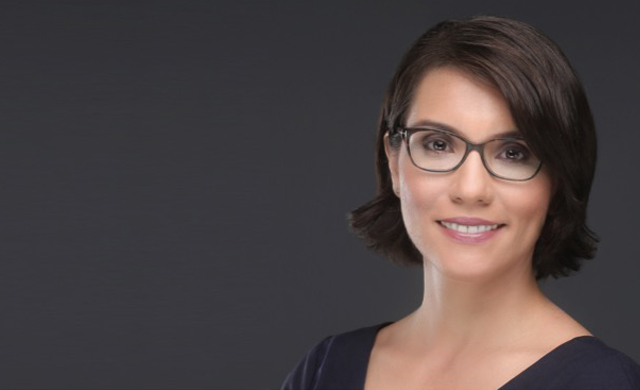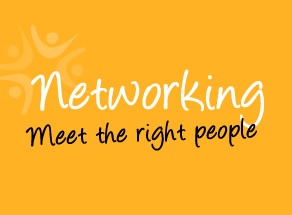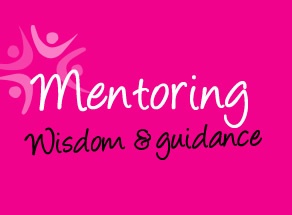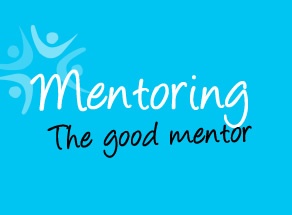
Born Leaders: Carmen Rojas Paying it Forward to Help Low-Wage Earners Gain Better Conditions – and Respect
04/21/2015 10:29AM | 12122 viewsLike most immigrant parents, Alex and Maria Rojas wanted better opportunities for their children than they received. Their daughter Carmen Rojas is a shining example of that ethic. From her humble beginnings, Rojas earned her PhD from UC Berkeley, and has reaped great success in the world of social justice, city planning, funding and grant making. Now, she’s paying it forward, in a big way.
Rojas recently launched The Workers Lab, the first Silicon Valley-style “accelerator” that invests in entrepreneurs, community leaders, technologists and economic justice organizations – to improve conditions for low-wage workers. She’s tapping her passion for social justice to improve conditions for future generations of Latinos, to help ensure the opportunities that helped her family, continue.
“My parents came here really young and neither of them graduated from high school, and they both had access to these job opportunities that radically transformed my life and their lives,” says Rojas. But those kinds of opportunities are much more rare today, with income inequality and “the opportunity divide” growing greater than ever, she says.
“I would be remiss if I did not fight to make sure I wasn’t the last generation of Latinos who benefitted from their parents’ hard work to make their professional and personal dreams a reality.”
Tapping a Collective Entrepreneurial Spirit
Rojas embodies the success Hispanics and Latinos can achieve when they tap one or more of the six elements of the “immigrant” mindset – or that of their parents or relatives. In addition to seeing opportunity everywhere, immigrants also form strong, family-like bonds with their friends, colleagues and employees, which often opens the door to surprising opportunities. When they achieve success, they’re happy to share that good fortune with their extended family, which continues the cycle of prosperity for everyone.
Rojas’s parents are classic examples.
Her Venezuelan Father and Nicaraguan Mother came to San Francisco in the late 1960s. They used family connections to gain low-rung jobs, and with hard work, inched up the latter.
They also relied on co-workers and friends around them to provide opportunities and share success, much like an extended family – or “collective entrepreneurialism,” as Rojas calls it. “It’s not like you make it big on your own; you do it with the help of people around you.”
Rojas’s dad, Alex, initially snagged jobs washing dishes in restaurants. He became good friends with the restaurant’s food delivery person, who realized his colleague would need a better job to support a wife and growing family. Alex Rojas soon began driving food delivery trucks, too.
Eventually, the same friend helped him gain membership to the coveted Teamsters union.
“That job changed our lives,” Carmen Rojas says. “All of a sudden we had benefits, we had health insurance,” and unprecedented job security. It made a huge impact on her family’s lives and wellbeing, Rojas says. Likewise, her mother went from sewing jeans at the Levi’s factory by day and scrubbing offices at night, to bigger opportunities. She befriended a Peruvian woman at the bank where she cleaned, who later helped her get into a teller training program. Six months later, she was offered a good job, and the bank soon provided her and Rojas’s father a non-interest home loan. This generous gesture allowed the family to put down permanent roots in the Bay Area. Maria Rojas eventually rose to executive secretary.
Passing the Baton
The same types of opportunities offered her parents were available to Carmen, as well. If not for the natural inclination for immigrants to nurture their friends and colleagues as family, Carmen Rojas says she’d be living a very different life.
“I barely graduated from high school,” she says. But she hung on long enough to attend a community college. There, she met a young Latino teacher who could “see the greatness in me that even I couldn’t see. He could see my capacity to lead. He could see my deep commitment and drive to improve the lives of Latino people, and of all people.” More passionate about her future than she was, he encouraged Rojas to attend a four-year college, and with his aid, she eventually entered the University of California at Santa Cruz.
Her instructor eventually introduced her to her next mentor, Manuel Pastor, an eminent urban economist who took Rojas under his wing. Her first job was conducting research on Latinos in the U.S. for Pastor. After that, because the people around her were equally passionate about helping her, Rojas was passed “like a baton in a foot race” to the next mentor, teacher, and interesting teaching or research job. She eventually completed a fellowship at the Greenlining Institute leadership program, focusing on racial justice policy and advocacy. There she met another important mentor who encouraged her to attend grad school. Each person or experience helped lift her to the next rung. “All these people set me up to discover my greatness,” she says.
Rojas eventually earned her PhD in city and regional planning. In 2007 she was named a Fulbright Scholar and studied in Venezuela. She has worked in city planning related to green and civic engagement programs, community organizing, social and environmental justice, and on related funding and grants. She also served as faculty at UC Berkeley.
Now, Rojas says, it’s time to pass the baton back to low-wage workers. More than just increasing opportunities and improving conditions for those earners, Rojas wants to return dignity.
Her parent’s generation of immigrants was marked by “the opportunities they had and the dignity they felt in those jobs,” she says. “In my generation, I’ve seen a decline in dignity.” The U.S. has become a low-wage nation where workers invest hours into jobs with little hope of providing for their basic needs, she says. Tellers, for example, now barely make a living wage in many areas.
The story of Rojas and her parents shows it needn’t be that way, she says.
“We can support employers to do better. We cansupport people who work in the United States to experience a level of dignity in their work, she says. “Those are the biggest lessons to me from my parents.”
Returning Respect to Low Wage Earners
The Workers Lab will fund fresh, creative and innovative projects that can improve life for workers and their families.
Current initiatives include a program focusing on construction job safety in Texas, which leads the nation in on-the-job worker mortalities.
Urging reluctant contractors to spend more to achieve safer conditions is key. One group in Austin, TX., wants to link LEED certification to worker safety. When building green, energy-efficient homes and buildings, developers seeking this certification must earn points based on best-in-class building strategies and practices. What if they could earn LEED certification points for also providing quality training and other worker benefits related to those projects? The Workers Lab is supporting such a venture by the Workers’ Defense Project with funding, marketing and mentoring. If it succeeds, the group would also provide the actual training for contractors and employees, and benefit from a self-sustaining, profitable new business.
It’s the kind of change that can make a significant difference over time. The crisis workers now face “is not inevitable,” Rojas says. “We can actually transform conditions and expand opportunities. We just need make a choice in this country to do that.”






Post your Comment
Please login or sign up to comment
Comments